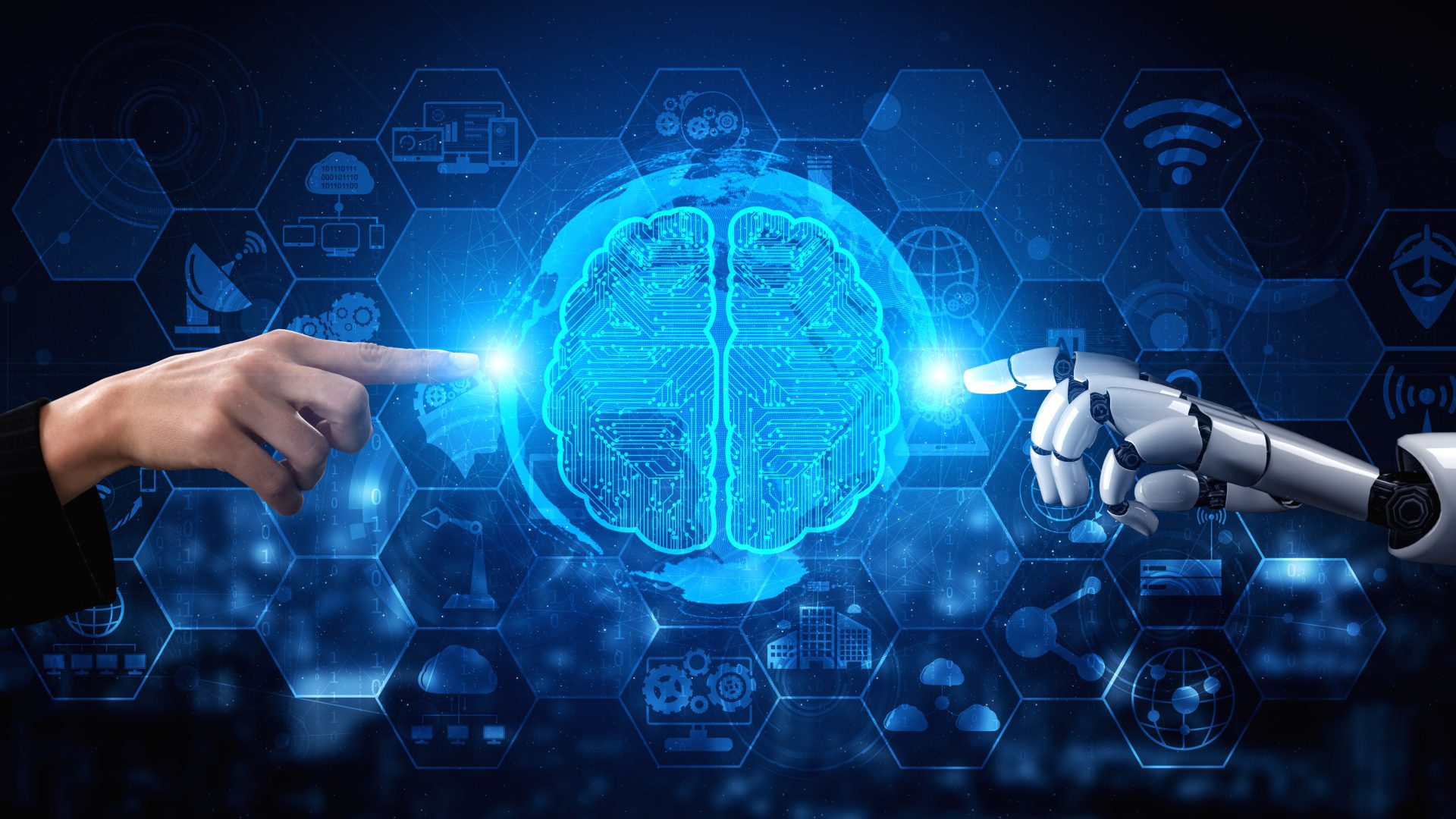
AI Breakthroughs: Unlocking the Future of Human IntelligenceAI Breakthroughs: Unlocking the Future of Human Intelligence The dawn of artificial intelligence (AI) has ushered in an unprecedented era of technological advancement, transforming countless aspects of our lives. From automating mundane tasks to revolutionizing healthcare and transportation, AI has demonstrated immense potential to enhance human capabilities. Natural Language Processing (NLP) NLP breakthroughs have enabled computers to understand and generate human language with remarkable accuracy. Conversational agents (chatbots) can now engage in natural and meaningful conversations, providing customer support, answering queries, and generating engaging content. Computer Vision Advances in computer vision have empowered AI systems to “see” the world like humans. Object recognition, image analysis, and facial recognition technologies have found applications in security, manufacturing, and autonomous vehicles. Machine Learning (ML) ML algorithms allow AI systems to learn from data and adapt over time. Supervised and unsupervised learning techniques have enabled AI to excel in tasks such as image classification, predictive analytics, and fraud detection. Deep Learning Deep learning models, with their complex layers of artificial neurons, have achieved remarkable breakthroughs in speech recognition, image recognition, and natural language translation. This technique has accelerated AI’s progress in various fields, including healthcare and finance. Generative AI Generative AI systems can create new data, art, and music from scratch. Text-to-image models like DALL-E 2 can generate stunning images based on textual descriptions, while music-generating AI like Jukebox can compose impressive melodies and harmonies. The Future of Human Intelligence The transformative potential of AI extends far beyond these breakthroughs. By harnessing the power of AI, we can: * Augment human capabilities: AI can assist us in decision-making, enhance creativity, and improve productivity. * Solve complex problems: AI-powered simulations and modeling can help us understand and address global challenges like climate change and disease outbreaks. * Personalize experiences: AI can tailor products, services, and recommendations to our individual needs and preferences. Ethical Considerations As AI advances, it is crucial to consider its ethical implications. We must address concerns about privacy, bias, and the potential for job displacement. By embracing responsible AI practices and involving diverse perspectives in its development, we can ensure that AI empowers humanity and aligns with our values. Conclusion The AI breakthroughs we are witnessing today are merely the tip of the iceberg. As research and development intensify, we can expect even more profound advancements that will reshape the future of human intelligence. By harnessing the transformative power of AI responsibly, we can unlock unprecedented opportunities for human progress and create a world where both humans and AI thrive together.
Posted inNews